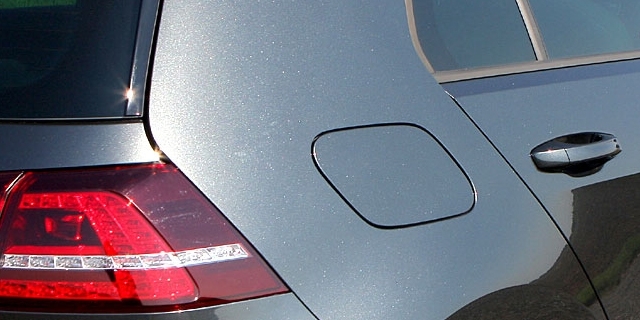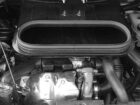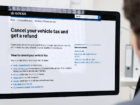Figuring out which option is most cost-effective can be tricky. Read our guide to find out if you should opt for a company car or a car allowance
Once upon a time, a company car was a sure sign that you’d ‘made it’ in your bid to climb the corporate ladder. Even now a company car is still an attractive proposition – giving you the thrill of the latest new vehicles but with big savings on fuel and maintenance.
However increasingly in recent years employers have been offering their staff a choice between a company car or a large cash bonus intended to replace it – a so-called ‘car allowance’. The idea is that, if you need to drive for business, the car allowance should be sufficient to cover the maintenance and depreciation on your own vehicle.
But which one is best for you? Read on to find out, we’ll list the pros and cons of each.
Benefits of a company car
Driving a company car takes out one of the largest costs – buying the vehicle itself. You won’t need to pay a monthly finance payment or an up-front lump sum to purchase your vehicle and instead will be provided the car free of charge – with the caveat that you won’t actually own it at any point.
Insurance as well as breakdown cover is often included in the company car agreement, and very often so is fuel – allowing you to claim the cash back when you fill up the tank, or make use of a company fuel card.
The car itself is a big draw and a massive reason why many people opt for a company car in the first place. These vehicles are new, and often rather desirable executive models loaded with interesting kit and advanced technology and safety aids.

Disadvantages of a company car
There’s no such thing as a free lunch or a free car, and with a company car you’ll be expected to pay both road tax and ‘benefit in kind’ (BIK) tax.
BIK is calculated based on the value of the car, the amount of carbon dioxide it emits and your income tax band. It means that company cars tend to be low-emission vehicles, increasingly hybrids, plug-in hybrids and fully electric models in the current day and age. Opting for something fast, flashy and polluting will see your bills skyrocket.
Our sister website, Parkers, has a very good guide on Benefit in Kind tax here.
The other issue is that you won’t ever own the car. This means you don’t have an asset – you can’t sell it if you need more cash and if you change your job, you’ll need to find the funds to replace it out of your own pocket.
Benefits of a car allowance
What exactly is a car allowance? Well, it’s when the company would like to offer you a company car, but instead gives you the choice to take a cash alternative instead. This is added to your annual salary.
Receiving a car allowance allows you to purchase your own car with the cash sum you receive. In this case, you have far more choice – you can spend as much or as little as you like and supplement the allowance with your own money if you’d like a posher model.
You also then have the car as an asset, which you can sell – or carry over with you should you leave the company.
If you already own a car, the car allowance can act simply as a boost to your salary. And whether or not you buy a car, you can still claim the cost of fuel and maintenance back from your employer for any business miles you do. You won’t have to pay benefit in kind tax on a car you purchase through a car allowance, either.
Disadvantages of a car allowance
You’ll have to pay income tax on a car allowance, as it’s seen as a benefit just like a company car.
You lose the added security of a company car scheme – you’ll be expected to make the payments on your vehicle, and you can’t risk defaulting on them. You will also be liable for any repairs or maintenance that your car needs.
While you do get to select the model you’d like to drive, your company may still set restrictions on how the car allowance can be spent – for example, disallowing you from buying a convertible model.
Which is best for me?
The most suitable solution is to sit down with both sets of figures and crunch the numbers. If you already drive a relatively modern car that you’re happy to keep, the likelihood is that a car allowance will be the better option for you, while those who want a new car but can’t afford it themselves would be better served by a company car.
What is business car insurance?
If you’re taking a car allowance and intend to use your own vehicle for business, it’s likely you’ll need business car insurance.
These policies cover you to use your car for work instead of just commuting and are vital if you ever have to make a claim while on company time.
Sometimes your employer will pay for the extra cost of your business car insurance policy but it’s more likely you’ll be expected to cover it out of your mileage allowance.
Business car insurance is usually more expensive than standard car insurance so add it into your calculations if you’re deciding between a company car or a car allowance.







